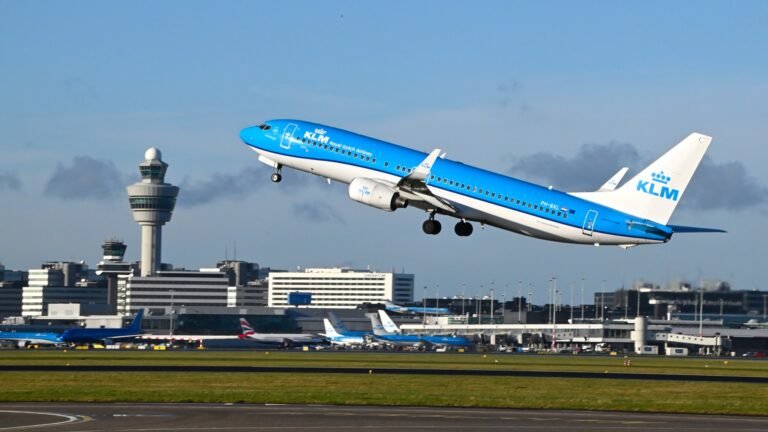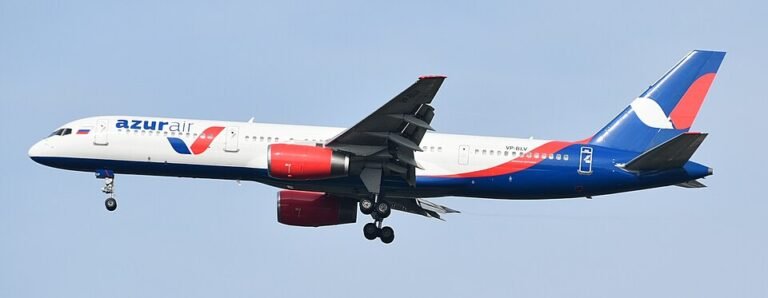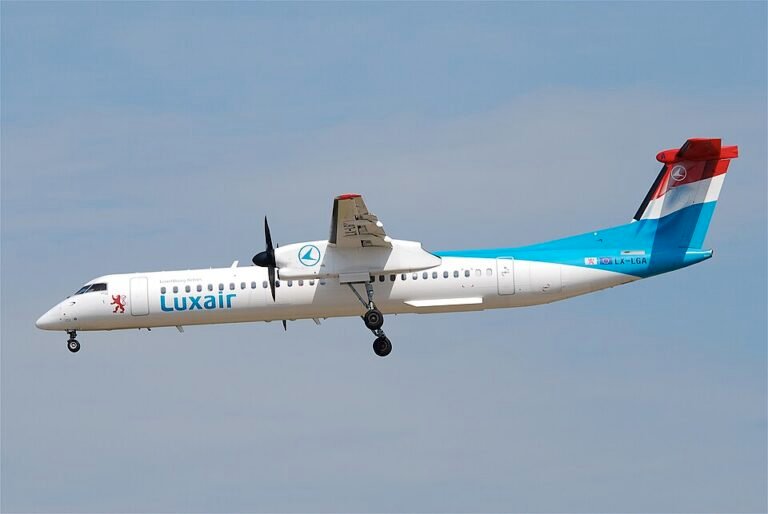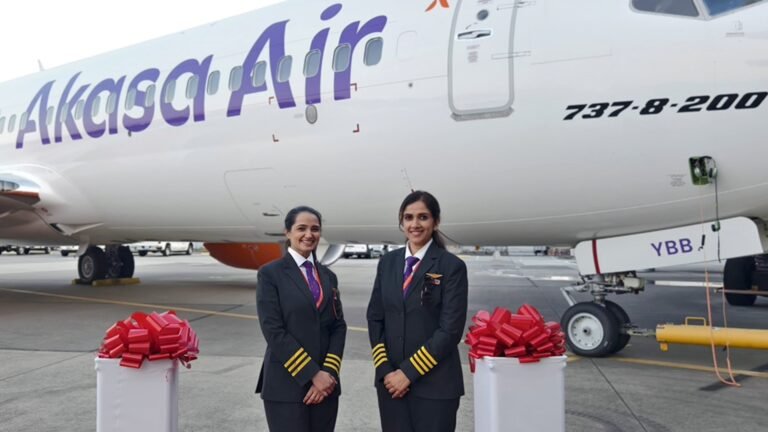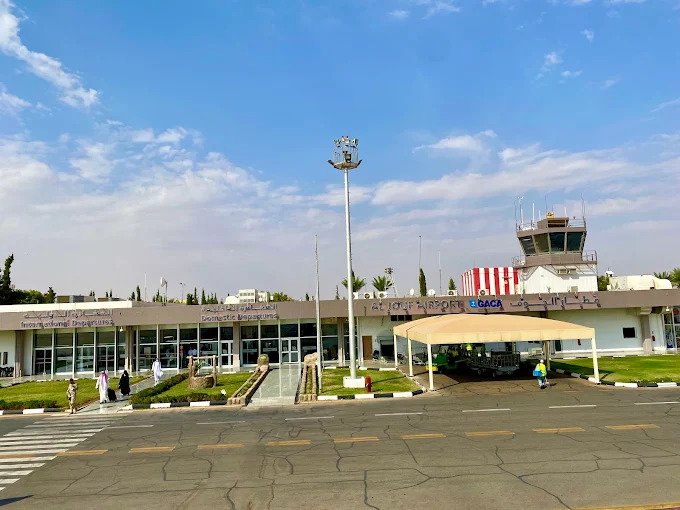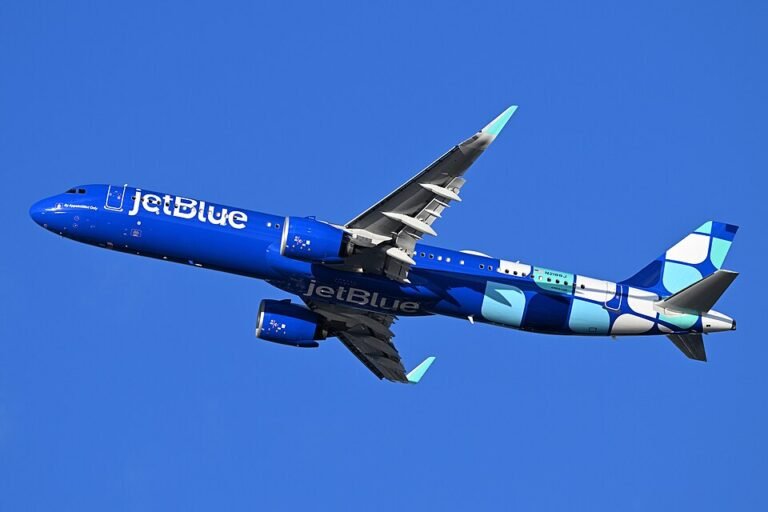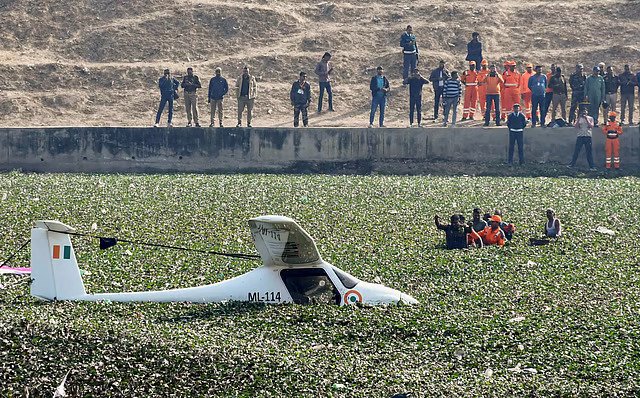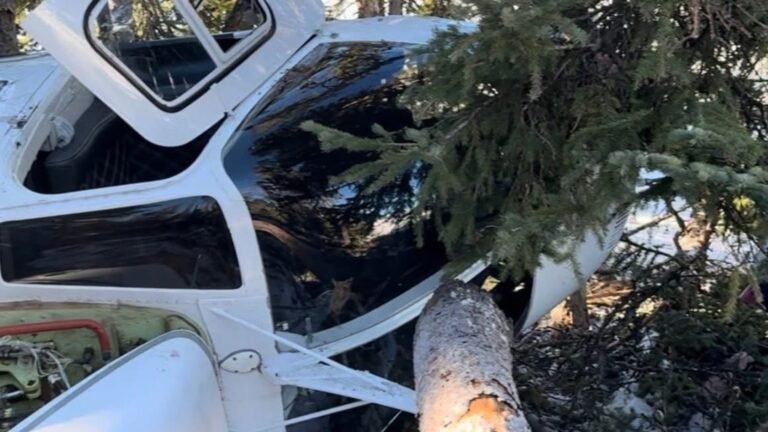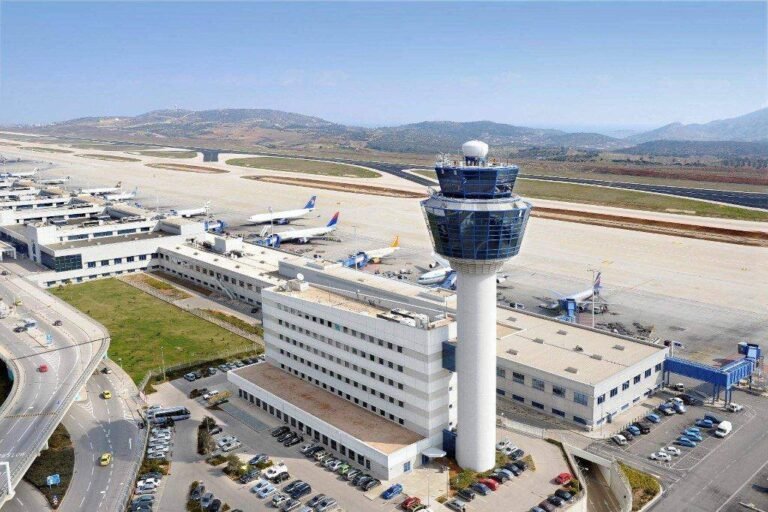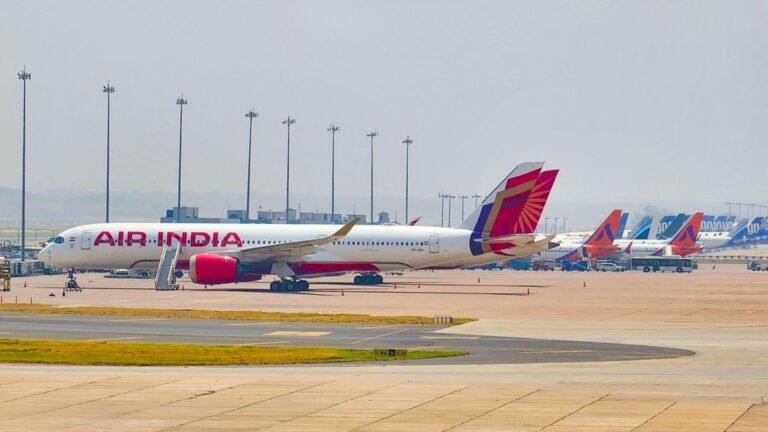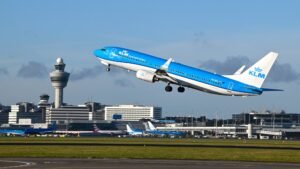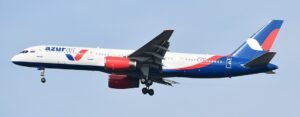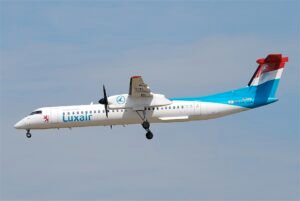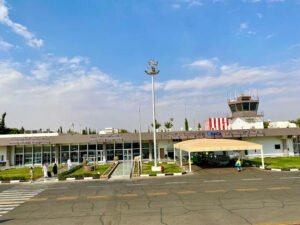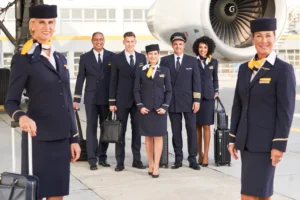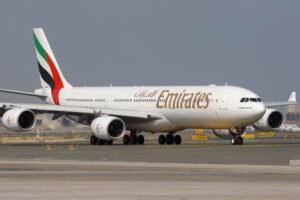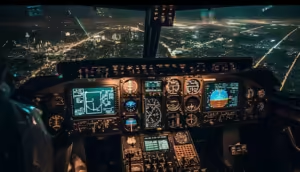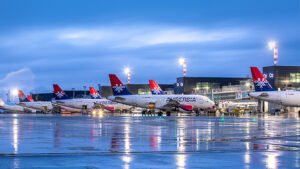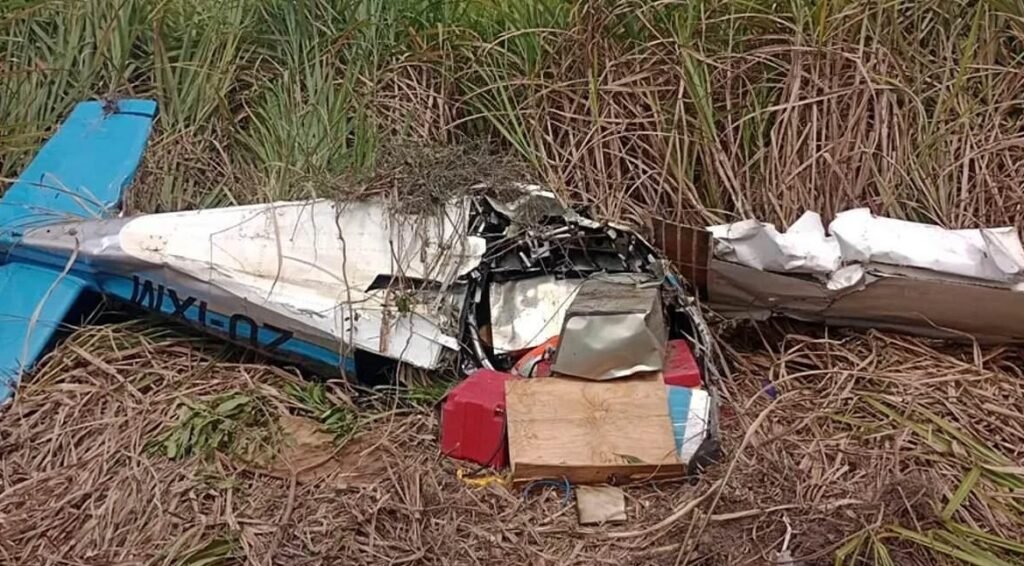
Coruripe, Brazil: An Australian pilot, Timothy James Clark, was killed when his plane, carrying approximately 180 kilograms of cocaine wrapped in counterfeit SpaceX packaging, crashed into a sugarcane field near Coruripe, a coastal city in Brazil’s Alagoas state, on September 14. The crash occurred shortly after takeoff from a rural airstrip, and the wreckage was discovered in a forested area.
Clark, a former Qantas pilot with over 20 years of aviation experience, was found dead outside the aircraft. He was Known as a skilled pilot who previously flew for Virgin Australia and worked as a contractor for SpaceX. The plane, registered to a Brazilian owner but flagged in Zambia, was reportedly transporting cocaine paste, a semi-processed form of the drug. There were more than 187 packets, each wrapped in fake SpaceX branding. Local authorities reported that no distress signals were received, and the remote location of the crash complicated emergency response efforts.
Brazilian Federal Police and Mato Grosso Civil Police have launched an investigation into the incident, focusing on potential links to international drug trafficking. According to G1 Globo,the presence of extra fuel tanks on the aircraft suggests it was likely undertaking a long-distance flight. Federal police have not disclosed the plane’s departure point or intended destination.
Investigators are examining possible connections between the crash and regional drug cartels known to exploit remote airstrips in Mato Grosso for smuggling operations.
The cocaine seized in the crash has an estimated street value of around $80 million, particularly in Australia. The involvement of a former commercial pilot in such a high-stakes criminal operation has raised questions about how Clark may have become entangled in the illicit trade.

